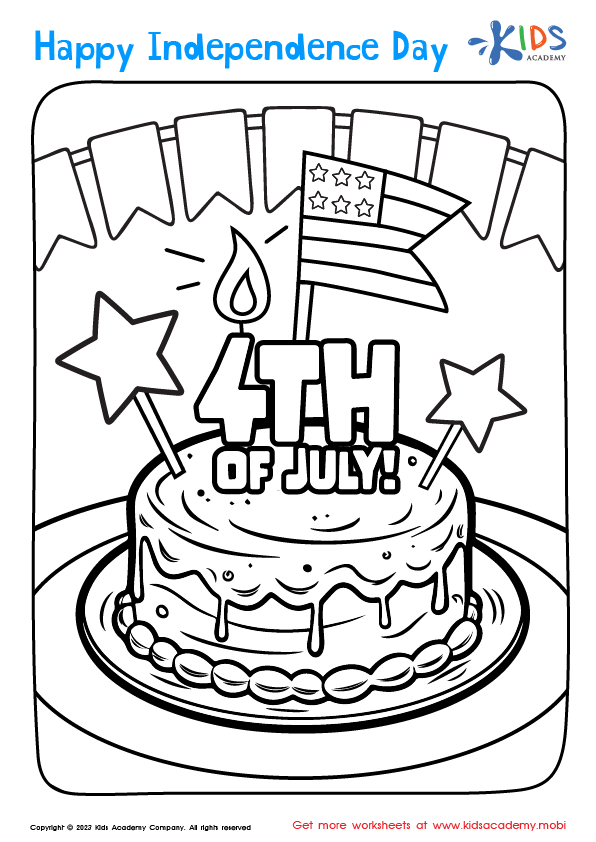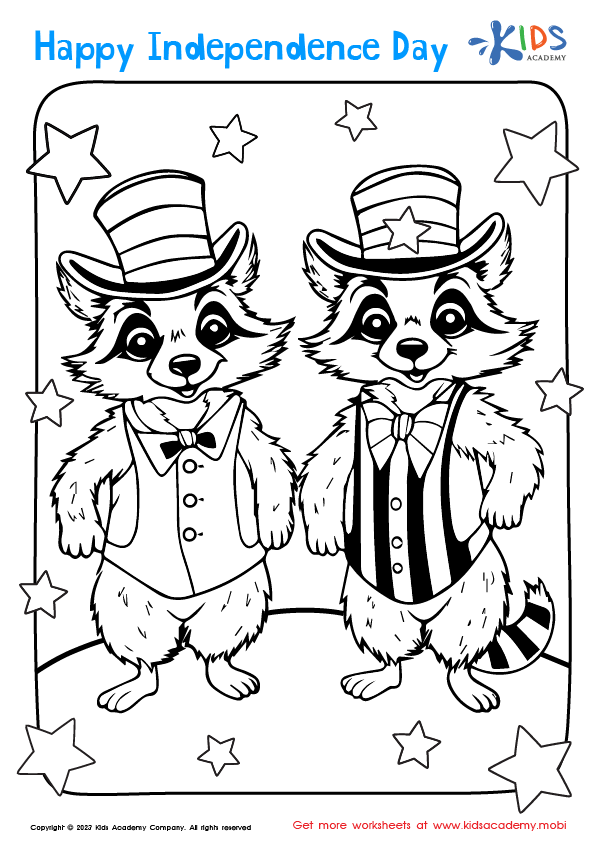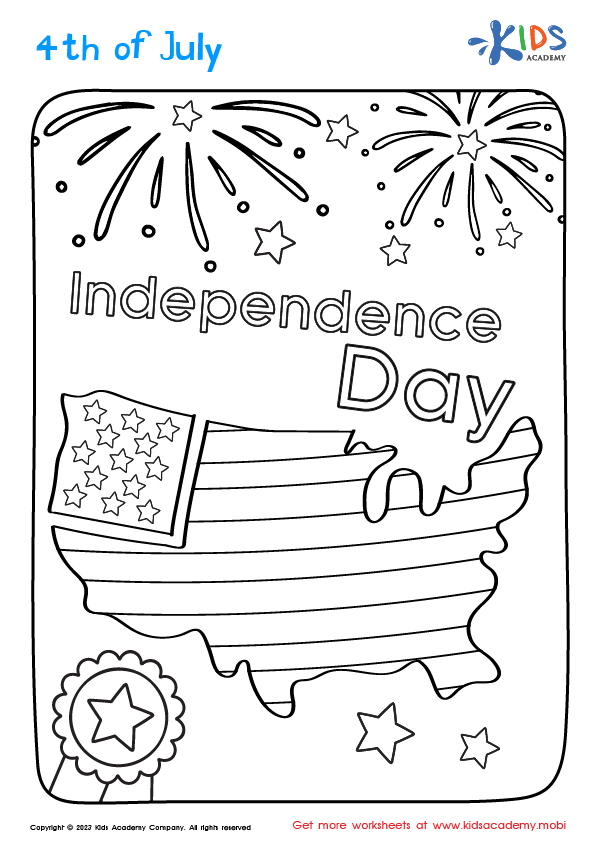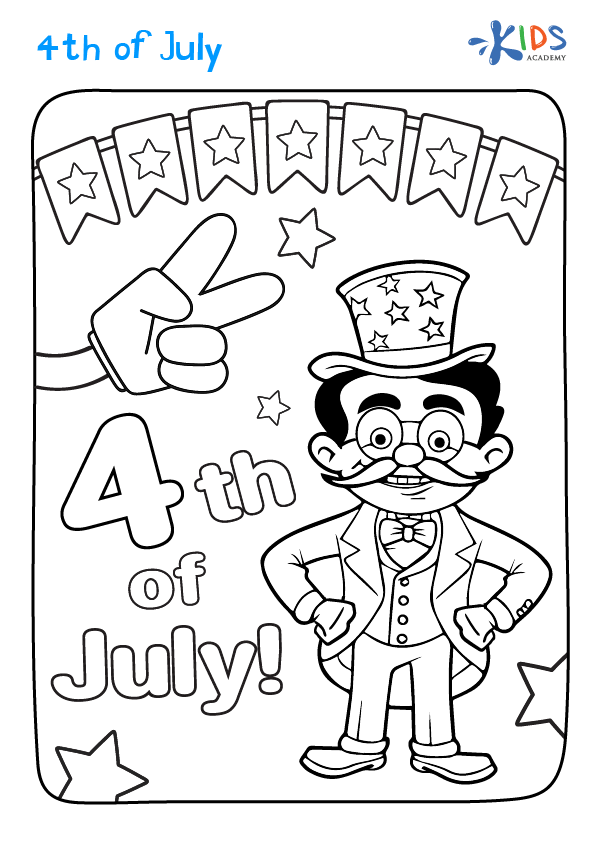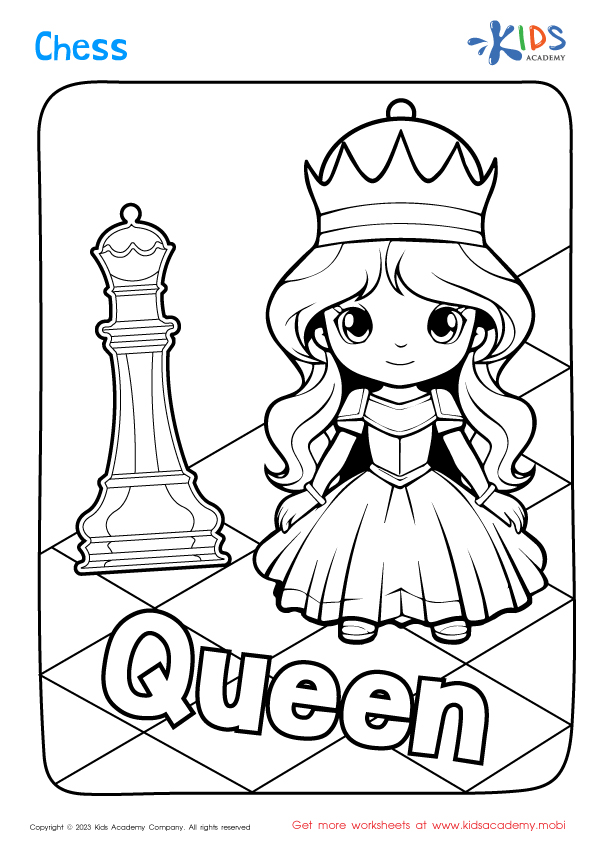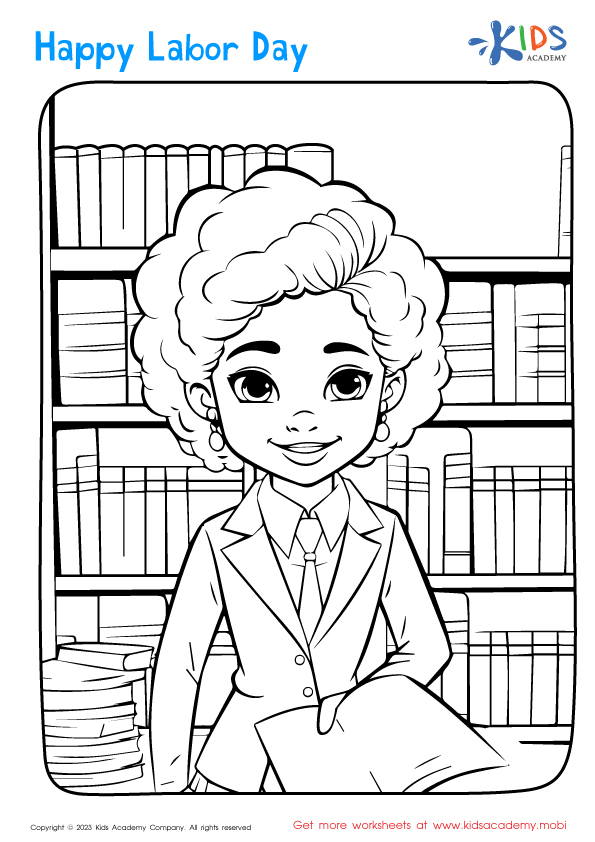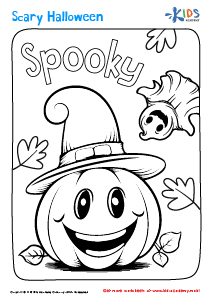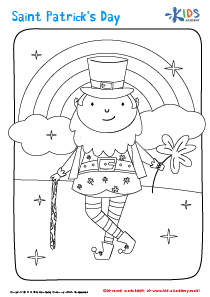Historical Knowledge 4th of July Worksheets for Ages 3-5
4 filtered results
-
From - To
Introduce your little ones to the significance of Independence Day with our engaging "Historical Knowledge 4th of July Worksheets for Ages 3-5." These carefully designed resources offer fun coloring pages and educational activities that foster an understanding of this important American holiday. Children will explore the meaning of Independence Day while enhancing their creativity and fine motor skills. Perfect for early learners, these worksheets are not only entertaining but also encourage critical thinking and a love for history. Celebrate the spirit of freedom and creativity in your classroom or at home with these delightful worksheets, making learning a festive occasion!
Teaching young children about the historical significance of the 4th of July fosters early engagement in American history and cultural values. For children aged 3-5, understanding the basics of Independence Day can cultivate a sense of identity, community, and patriotism. Parents and teachers play a crucial role in shaping this foundational knowledge.
At this age, children start to develop their understanding of family and community. Introducing them to the history of the 4th of July helps them appreciate traditions and celebrations within their context. Sharing stories about the significance of independence, freedom, and unity encourages empathy and respect for diverse backgrounds and experiences.
Additionally, understanding simple historical concepts aids in critical thinking and language development, as educators can introduce age-appropriate vocabulary and narratives that pique children’s curiosity. Engaging activities such as crafts, songs, and storytelling about the 4th of July can create memorable experiences that bridge learning and fun.
Ultimately, emphasizing historical knowledge at an early age equips children with a strong cultural foundation and promotes awareness of civic responsibility, helping them grow into informed, compassionate, and active participants in their communities.

